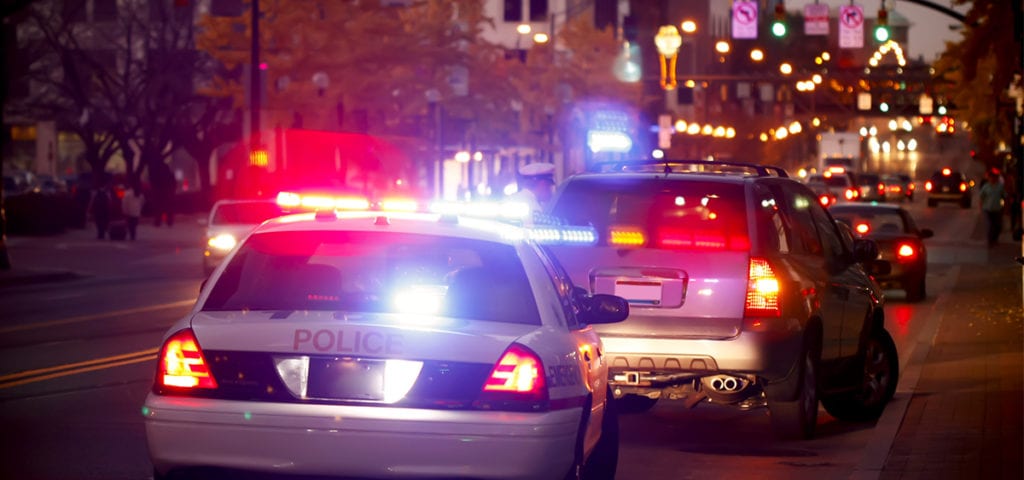A survey of self-reported behavior after consuming cannabis suggests that legalization does not lead to an increase in cannabis-impaired driving.
Study: Legalization Does Not Lead to Increase in Stoned Driving

Full story continued below.
Advertisement
A study published last week in BMC Research Notes suggests that cannabis legalization does not lead to an increase in cannabis-impaired driving as 4.2% of drivers in states with legalized cannabis reported driving after consuming cannabis along with 4.3% of those from non-legal states.
The paper also found that cannabis users in states with broad cannabis legalization “self-reported driving after marijuana use less than their counterparts” from non-legal states and were “less likely to find such behavior acceptable.”
NORML Deputy Director Paul Armentano said in a press release that the “findings ought to be reassuring to those who feared that legalization might inadvertently be associated with relaxed attitudes toward driving under the influence.”
“These conclusions show that this has not been the case and that majorities of the public continue to perceive drugged driving as unacceptable, regardless of marijuana’s status under state law.”—Armantano in a statement
The researchers, affiliated with The Center for Injury Research and Policy at Nationwide Children’s Hospital in Ohio, found that younger, low-income, low-education, and male respondents more often self-reported driving after consuming cannabis and were more likely to find such behavior acceptable. The demographic also less often supported per se cannabis laws than their counterparts.
Per se limits allow individuals to be charged with driving while impaired after testing positive for any amount of THC in blood or saliva or its metabolite. The laws are controversial because people can test positive for THC several days after consuming cannabis but are no longer under the influence.
A strong majority of respondents—87.8%— in states where cannabis is legal for both adult and medical use supported per se cannabis laws. That share fell to 82.6% in states where only medical cannabis is allowed and 81.3% where cannabis remains prohibited.
The authors suggest that the higher support for per se impairment laws in legal states could be “due to a perception that [recreational marijuana] legalization makes them more likely to encounter impaired drivers.”
“Based on low overall personal acceptance of driving after marijuana use and high support for per se laws,” the authors wrote, “this study suggests that the public widely perceives driving after marijuana use to be a dangerous behavior.”
The authors also note that “not all studies support” that position and “experimental and driving simulator studies have shown that marijuana affects motor skills and executive function but this need not correspond to increased crash risk.”
“Based on self-reported behaviors and attitudes, certain demographic groups were more tolerant of driving after marijuana use than their counterparts,” the authors concluded. “In contrast, we found no predominant pattern suggesting that behaviors and attitudes were more tolerant in states with liberal marijuana policies.”
Get daily news insights in your inbox. Subscribe
End